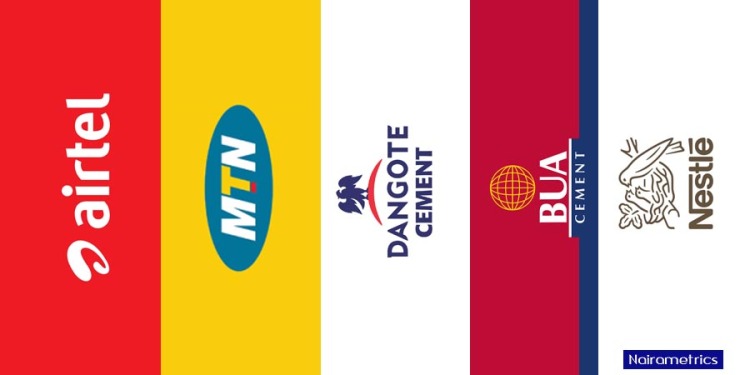The Nigerian stock market seems to have become a victim of its own success. Its All Share Index in the year 2020 emerged as the best-performing index in the world as it gained +50.03%.
The Nigerian equities market is reversing some of the January gains which were driven by factors including, continued local participation, positive sentiments around vaccine distribution despite reported increase and new strains of the COVID-19 virus, and the outlook that fixed income yields could remain low for longer.
Combined, this drove the market up by 5.3% in January.
“However, the sentiment seems to have reversed given the mixed signal from the fixed income market that yields may begin to rise faster-than-anticipated after the outcome of the last OMO and NTB auctions conducted by the CBN,” said Abiodun Keripe, Managing Director, Afrinvest Research.
READ: Macro weakness: Justification for cheap Nigerian stocks?
Again, the slow-paced vaccine distribution amidst increased case counts both globally and locally is worrisome. “Consequently, equities are down 4.7% on a month-to-date basis in February,” the Lagos-based investment banker added.
It became unsurprising that such a position caught the eye of diverse categories of investors who obviously want a piece of the pie. However, these expectations are short-term driven.
“A high percentage of results released to date have not been particularly impressive,” said Adetayo Teluwo, a scholar at Warwick Business School.
Investors are conscious of the impact of the current economic climate on multiple sectors and are opting to cut losses across portfolios. As a result, immediate profit-taking has been prioritized over delayed capital appreciation.
READ: Record sell-offs persists in medium and low capitalized Nigerian stocks
The current bearish trend in the Nigerian stock market was caused by the widespread profit-taking activities which started in the past three weeks.
“The impressive earnings report by companies like AXA Mansard, TOTAL, and some others despite the impact of Covid19 in the past year drove their respective share prices up and traders are locking in on their gains, thereby causing market sentiments to fall in the red,” said Darlington Morsi Onyemaka, a Forbes Accelerator Cohort ’20 and founder of Quba Exchange.
“Sell-offs would guarantee the right pricing for Investors who are eyeing juicy dividends at higher volumes.
“Investors are positioning to buy the same targeted stocks at lower prices ahead of re-entry towards earning dividends,” Adetayo added.
READ: Collapse in domestic bills and bonds yields forcing local funds into stocks
Investor confidence has been impacted by a few unfavorable regulatory shocks in recent times. The consistent sell-offs and price dips continue to play in the hands of investors who prefer to shore up on the investor stocks in their portfolio. Silent, aggressive accumulation of insurance stocks using off-the-radar vehicles is a contributory factor as well.
Keripe opined that given the wall of liquidity in the market, some investors have been on the sideline, waiting to see some level of correction.
“It is not beyond foreign Investors to dump stocks in high volumes opening the gates for the hungry bears,” says Adetayo.
READ: U.S Stocks close lower, as Facebook, Amazon, Google drop 2%
That being said, Nigerian equities are still relatively underpriced at a 15.3x price-earnings ratio compared with some of its global & BRICS peers, and now presents an entry opportunity for investors that have been waiting for a correction.
“However, the expectation for corporate earnings performance and dividend outlook remains positive particularly for the companies operating in the resilient sectors of the economy (Telecomms, Banking & Agriculture), we believe this would provide support for the market,” Keripe added.






















NICE WORK OLUMIDE